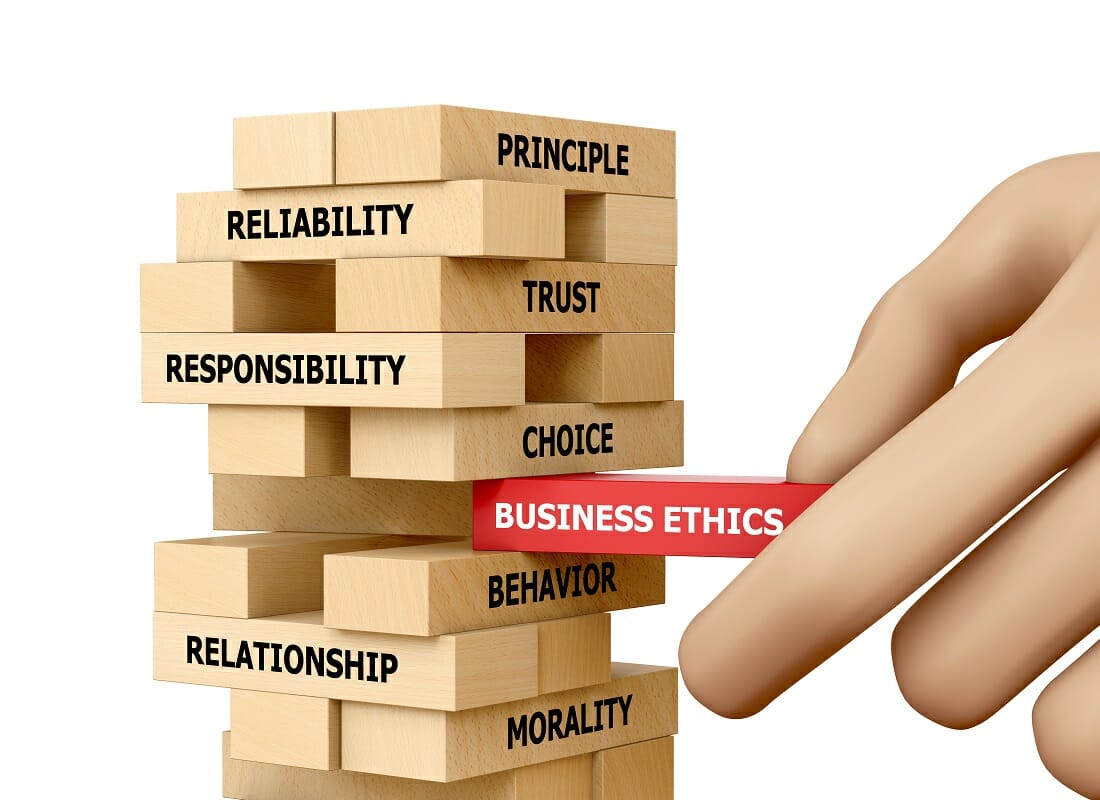Why Regulate AI? The Risks Are Real
AI isn’t neutral in its operations today. It learns from data that reflects human biases. Facial recognition systems misidentify people of color more than white people. This leads to wrongful arrests and serious legal complications.
Privacy concerns continue to grow with AI advancement globally. AI tools mine personal data without clear user consent. The Cambridge Analytica scandal showed dangerous data manipulation in elections. Companies could exploit this power without proper AI Ethics and Responsibility frameworks.
The Accountability Problem in Modern AI
Self-driving cars make life-and-death decisions daily on the roads. Medical AI systems diagnose patients automatically without human oversight. Delivery drones navigate crowded urban spaces with minimal supervision. Who bears responsibility when these automated systems fail catastrophically?
Current laws lack clear answers about liability distribution. Programmers, manufacturers, and users all share potential legal blame. Jobs face automation threats across multiple industries worldwide.
Tech Ethics: Core Principles for Development
Ethics in AI development isn’t optional anymore for companies. Experts agree on several key principles globally across industries. Transparency requires systems to explain their decision-making processes clearly. Black box algorithms must reveal their internal logic mechanisms.
Fairness demands equal service delivery for all communities worldwide. Systems must avoid demographic bias entirely in their operations. Privacy protection requires minimal data collection from users. Sustainability pushes for greener AI technology development, reducing environmental impact.

Implementing Ethical Standards in Practice
These principles sound simple in theoretical discussions. Real-world application proves extremely challenging for developers daily. Technical limitations constrain ethical implementations significantly across platforms. Business requirements often conflict directly with ethical standards.
DeepSeek vs ChatGPT demonstrates different ethical approaches in practice. Each platform handles user data with different methodologies. Regulatory environments shape their development strategies and deployment decisions. Understanding these differences reveals the complexity of modern AI ethics.
ChatGPT and Generative AI Ethics Concerns
ChatGPT generates human-like text responses effortlessly for users. It writes comprehensive essays and creates functional code. Businesses use it extensively for customer service operations. Its impact spans multiple industries significantly across global markets.
Misinformation represents ChatGPT’s primary ethical concern for society. It produces believable but factually false information regularly. Users sometimes trust incorrect medical advice without verification. Fact-checking becomes crucial for safe usage in professional settings.
ChatGPT’s Bias and Privacy Issues
Bias persists despite OpenAI’s extensive filtering efforts. Users report sexist and racist outputs in conversations. These Generative AI risks highlight ongoing challenges in system development. Creating truly unbiased systems remains extremely difficult for engineers.
Copyright issues complicate ChatGPT’s legal status in courts. It trains on copyrighted content without explicit creator consent. Content ownership questions remain largely unresolved in legislation. Privacy protection varies significantly across different user interactions and regions.
Global Regulatory Response to ChatGPT
The EU’s AI Act classifies generative AI as high-risk technology. Detailed disclosure about training data sources is now required. Italy temporarily banned ChatGPT over serious privacy violations. Educational institutions actively debate AI-generated academic work policies nationwide.
Regulators scramble to address emerging technological challenges effectively. Different countries take varying regulatory approaches to oversight. International coordination remains limited currently between governing bodies. Generative AI risks drive increasing regulatory urgency across global markets.
DeepSeek’s Search and Recommendation Systems
DeepSeek specializes primarily in sophisticated search algorithms. Its recommendation systems significantly influence users’ online experiences. These tools actively shape online content visibility patterns. Shopping advertisements and news articles get algorithmically prioritized.
Algorithmic manipulation represents a serious societal concern today. DeepSeek could sway public opinion easily through content curation. Propaganda spread becomes increasingly sophisticated through AI systems. Users rarely understand the underlying recommendation logic clearly.
DeepSeek’s Privacy and Transparency Challenges
DeepSeek collects vast amounts of personal user data. Storage methods and security protocols remain largely unclear. Access controls need significantly better transparency for users. Privacy protection varies considerably across different service offerings.
China’s regulations demand comprehensive security reviews for public algorithms. Public opinion algorithms face much stricter governmental oversight. Enforcement remains inconsistent across different platforms and companies. Critics argue implementation lacks proper standardized enforcement mechanisms.
Comparing DeepSeek vs ChatGPT Directly
Both platforms handle AI Ethics and Responsibility with different approaches. ChatGPT focuses primarily on content generation safety measures. DeepSeek emphasizes search result accuracy and relevance optimization. Their distinct regulatory environments shape fundamental development approaches.
DeepSeek vs ChatGPT reveals significant cultural and regulatory differences. Chinese regulations prioritize state security above individual privacy. Western frameworks emphasize individual rights and personal freedoms. These fundamental differences create substantial global coordination challenges.
Data Handling and Privacy Approaches
ChatGPT processes conversational data extensively for model training. DeepSeek analyzes search patterns and user behavior continuously. Both platforms collect extensive personal user information regularly. Privacy protection methods differ significantly between these competing platforms.
Generative AI risks include unauthorized personal data usage concerns. Personal information gets incorporated into training datasets without consent. Users often lack clear consent options during registration. Data ownership remains legally ambiguous currently in most jurisdictions.
Global Regulation Landscape Overview
The EU prioritizes human rights protection above technological advancement. The AI Act bans unethical AI uses entirely. Social scoring systems face complete legal prohibition. Risk assessments are mandatory for high-impact AI applications.
The United States lacks comprehensive federal AI legislation currently. California specifically limits facial recognition technology usage in government. The White House issued non-binding AI rights guidelines. State-level regulations create a confusing patchwork of coverage nationwide.

International Regulatory Differences and Challenges
China emphasizes strong state control over AI development. Core socialist values guide all technological development decisions. Data security receives primary regulatory focus over privacy. Government alignment becomes mandatory for successful AI deployment.
These different approaches create significant global coordination challenges. The EU emphasizes human rights primarily in legislation. China prioritizes state security above all other considerations. International standards remain extremely difficult to establish effectively.
Current Ethical Challenges in AI Systems
Bias in AI significantly affects hiring decisions across industries. Lending algorithms systematically discriminate against minority applicants. Policing systems disproportionately target specific communities unfairly. Companies must ensure algorithmic fairness actively in all applications.
AI systems collect massive personal data continuously from users. User information faces constant exposure risks from breaches. GDPR provides some legal protection in European markets. AI firms must follow increasingly strict regulatory compliance requirements.
Responsibility and Accountability Issues
AI mistakes raise increasingly complex legal liability questions. Developers, users, and companies share overlapping responsibility concerns. AI decisions must always be explainable to stakeholders. Clear accountability rules need urgent establishment across jurisdictions.
Generative AI risks extend far beyond simple technical failures. Social manipulation becomes increasingly sophisticated through AI systems. Democratic processes face potential interference from automated systems. Ethical frameworks need continuous updating and refinement processes.
Future Solutions and Recommendations
Audit systems require mandatory third-party bias checking procedures. Privacy and safety need independent verification from experts. Public input must include diverse community voices meaningfully. Tech giants shouldn’t dominate policy-making processes entirely without oversight.
Ethics education should train all AI developers comprehensively. Societal impact must guide fundamental technical decisions consistently. Innovation requires careful balance with regulatory control measures. Safety considerations shouldn’t stifle legitimate creative progress unnecessarily.
Building Sustainable AI Governance Frameworks
Regulation must evolve continuously with rapid technological advancement. Laws need flexible frameworks for adaptation to changes. Global coordination prevents regulatory loopholes by companies. Companies need consistent international standards for compliance.
Tools like ChatGPT and DeepSeek demonstrate tremendous possibilities. They also highlight significant ethical stakes for society. Innovation continues at unprecedented speeds across global markets. Regulation and ethics must maintain a comparable developmental pace.

Conclusion:
AI development won’t slow down significantly in the coming years. Regulation and ethics must keep pace with technological advancement. Transparency, fairness, and accountability remain essential principles. We can unlock AI’s tremendous potential while maintaining responsibility.
Human values must guide all technological progress moving forward. Ethical considerations shouldn’t be mere afterthoughts in development. Proper frameworks actively protect fundamental individual rights. Sustainable AI development requires a collective commitment to AI Ethics and Responsibility at BitcryptoWorldNews





